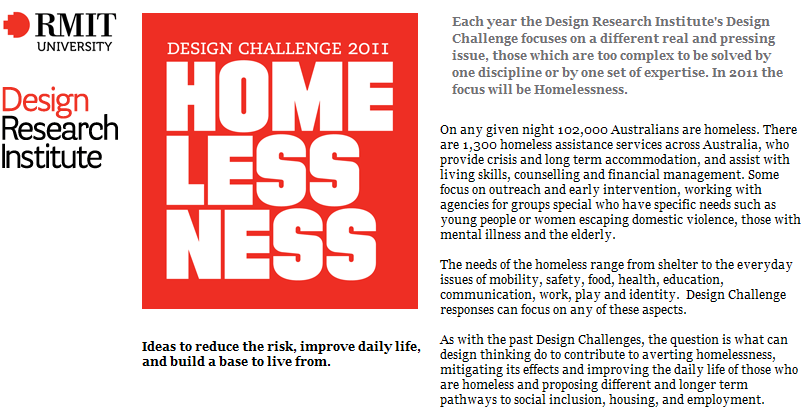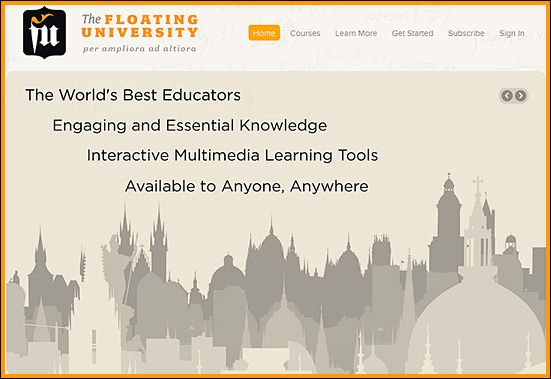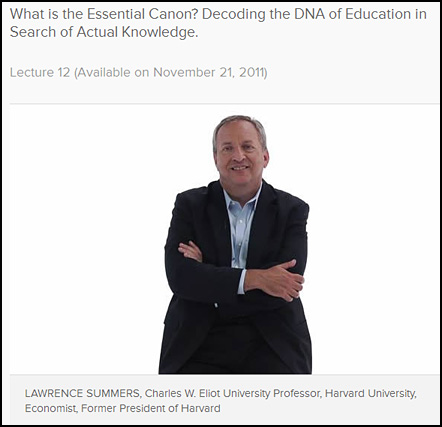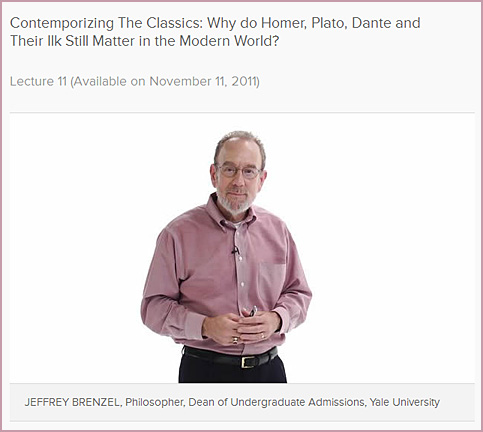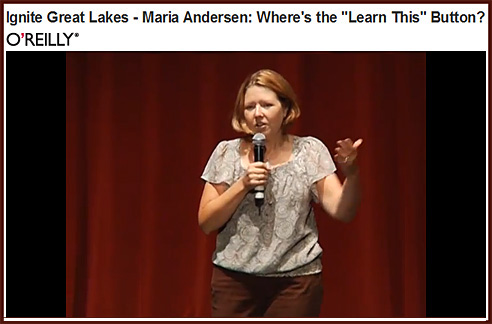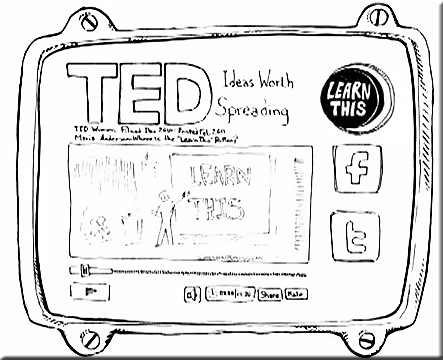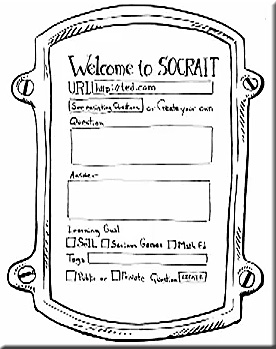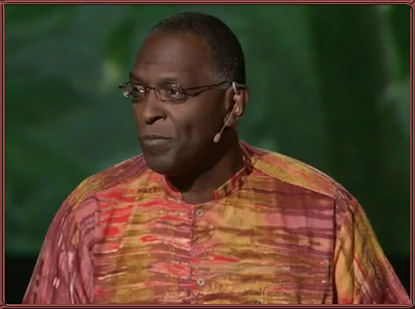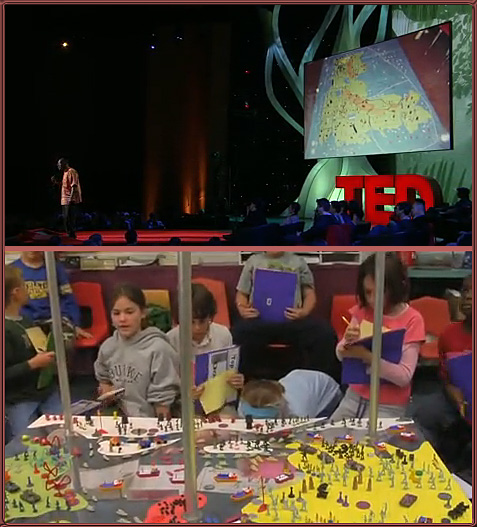Great Big Ideas delivers the key takeaways of an entire undergraduate education. It’s a survey of twelve major fields delivered by their most important thinkers and practitioners. Each lecture explores the key questions in the field, lays out the methods for answering those inquiries and explains why the field matters. It is an effective introduction to thinking differently, and a primer in the diverse modes of problem solving essential for success in the 21st century.
A wide range of subjects are covered including Psychology, Economics, Biomedical Research, Linguistics, History, Political Philosophy, Globalization, Investing and more. Within each topic, we will discuss the most current, innovative ideas in the field, dissect them, and look at how they impact not only the world-at-large, but our own lives as well. How does Demography predict our planet’s future? How is Linguistics a window to understanding the brain? What are the fundamentals of successful Personal Finance and Investing? Each of these lectures will be presented by top experts from top institutions around the country.
Two example lectures:
From DSC:
I post this not because I believe they have the world’s best educators — they may or may not. But rather, I post this to:
- Provide a great resource for those who love to learn — i.e. lifelong learners
- To show another example of the disruption that technologies / the Internet bring to higher education. Such technologies bring affordable, new models and learning opportunities into the higher ed landscape in a big way.
Also see:
Kevin Slavin: How algorithms shape our world [TED]
Description:
Kevin Slavin argues that we’re living in a world designed for — and increasingly controlled by — algorithms. In this riveting talk from TEDGlobal, he shows how these complex computer programs determine: espionage tactics, stock prices, movie scripts, and architecture. And he warns that we are writing code we can’t understand, with implications we can’t control.
Relevant to mathematics; shaping our world; ethics; media; culture; society;
computer science; technologies; stock markets/business; architecture.
From DSC:
Here is an idea for a project-based learning assignment for Business, Economics, & Political Science Students/Faculty:
Your mission, if you decide to accept it, is to investigate and answer the following questions:
- Can people on Wall Street affect the price of a gallon of gasoline?
- If so:
- How? How could they do that?
- How much could they increase the price of a gallon of gasoline?
- When do they make their move?
- Are their any limits to what the folks on Wall Street can do?
- How much are we paying — not to the companies actually producing and selling the gas — but possibly to those who work on Wall Street? (Who is making the $$?)
Find out. That’s your assignment. Then…
- Once you determine those things and IF there should be a change in our systems…what are your recommendations for change?
- Who would be involved in making this change? i.e. How could the average citizen get involved to help make positive changes?
This tape will self-destruct in 30 seconds…









